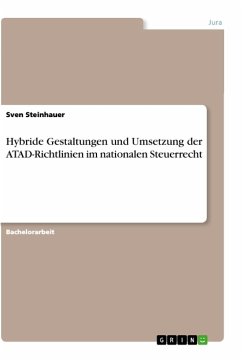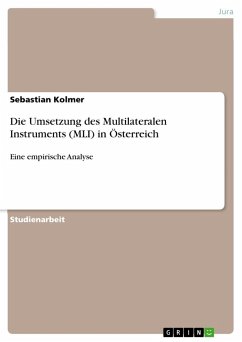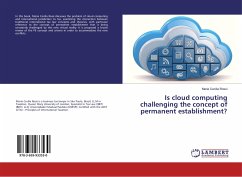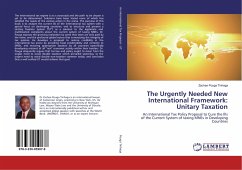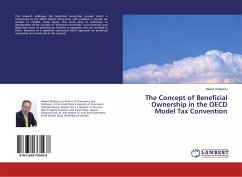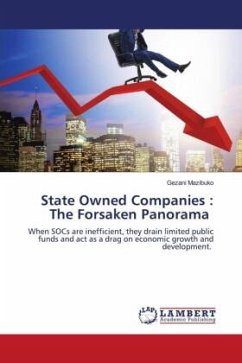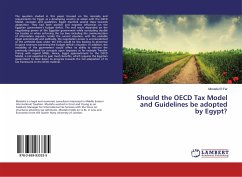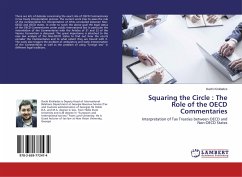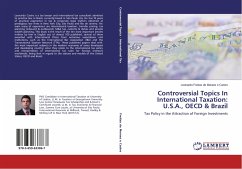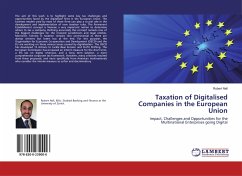
Taxation of Digitalised Companies in the European Union
Impact, Challenges and Opportunities for the Multinational Enterprises going Digital
Versandkostenfrei!
Versandfertig in 6-10 Tagen
25,99 €
inkl. MwSt.

PAYBACK Punkte
13 °P sammeln!
The aim of this work is to highlight some key tax challenges and opportunities faced by the digitalised firms in the European Union. The business models used by most of these firms can play a crucial role in the development and implementation of new taxation rules. The Permanent Establishment concept is likewise a very important notion to determine where to tax a company. Defining accurately this concept remains one of the biggest challenges for the involved jurisdictions and legal entities. Moreover, fairness in taxation remains very controversial as there are always winners but losers too at...
The aim of this work is to highlight some key tax challenges and opportunities faced by the digitalised firms in the European Union. The business models used by most of these firms can play a crucial role in the development and implementation of new taxation rules. The Permanent Establishment concept is likewise a very important notion to determine where to tax a company. Defining accurately this concept remains one of the biggest challenges for the involved jurisdictions and legal entities. Moreover, fairness in taxation remains very controversial as there are always winners but losers too at the end. For this purpose, the Organisation for Economic Co-operation and Development (OECD) and the EU are working on these various issues caused by digitalisation. The OECD has developed 15 Actions to tackle Base Erosion and Profit Shifting. The European Commission has proposed an interim measure for the short term, a 3% tax on digital revenues, and a long term solution, a more comprehensive corporate tax framework. However, many criticisms resulted from these proposals, and more specifically from American multinationals who consider the interim measure as unfair and discriminatory.



